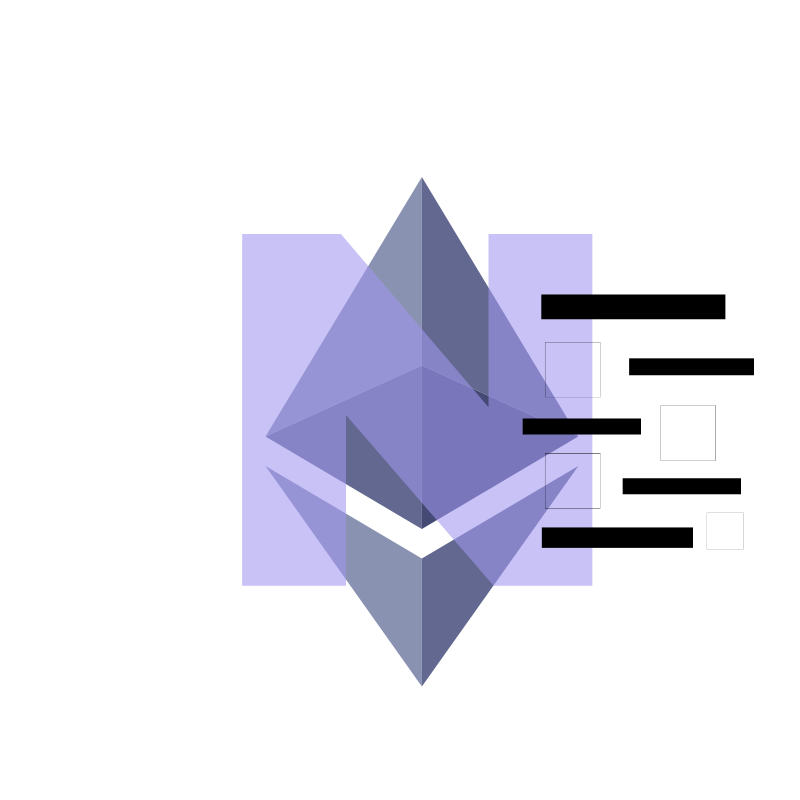

Bybit Hack Triggers Heated Debate Over Ethereum Rollback
Mar 1, 2025
3 min read
On February 21, 2025, the cryptocurrency exchange Bybit suffered a massive hack, resulting in the theft of approximately $1.4 billion in Ethereum (ETH) by the notorious Lazarus Group, believed to be linked to North Korea. This incident has ignited a fierce debate within the Ethereum community regarding the possibility of rolling back the blockchain to reverse the effects of the hack.
Key Takeaways
Bybit was hacked, leading to a loss of $1.4 billion in ETH.
Arthur Hayes, co-founder of BitMEX, suggested a rollback of the Ethereum blockchain to assist Bybit.
The Ethereum community largely opposes the idea, citing concerns over decentralization and immutability.
Historical context: A similar rollback occurred after the 2016 DAO hack, but the community is divided on repeating such actions.
The Bybit Hack: A Major Security Breach
The hack on Bybit has been described as one of the largest in cryptocurrency history. The attackers exploited vulnerabilities in the exchange's security, draining vast amounts of ETH and stETH. In response, Bybit's CEO, Ben Zhou, announced a bounty program to incentivize the recovery of the stolen funds and indicated that discussions with the Ethereum Foundation were underway to explore potential solutions.
Community Reactions to Rollback Suggestions
In the wake of the hack, Arthur Hayes proposed the idea of rolling back the Ethereum blockchain to a state prior to the theft. His suggestion was met with immediate backlash from the Ethereum community, which values the principles of decentralization and immutability. Many community members expressed that such a rollback would undermine the very foundation of Ethereum.
Criticism of Rollback: Community members argue that rolling back the blockchain would set a dangerous precedent, allowing for arbitrary changes to the network based on external pressures.
Historical Precedent: The Ethereum community recalls the 2016 DAO hack, where a hard fork was implemented to recover stolen funds. However, this was a unique situation, and many believe that the current interconnectedness of the Ethereum ecosystem makes a rollback impractical.
The Immutability Debate
The concept of immutability is central to blockchain technology, ensuring that once a transaction is recorded, it cannot be altered. This principle is what differentiates blockchain from traditional financial systems. The Ethereum community is concerned that a rollback would compromise this integrity, leading to a loss of trust among users and investors.
Arguments Against Rollback:Loss of Trust: Frequent rollbacks could lead to skepticism about the reliability of the Ethereum network.Technical Challenges: Implementing a rollback would be complex, potentially disrupting various decentralized applications (dApps) and services built on Ethereum.Community Consensus: Any significant change to the blockchain requires broad consensus, which is unlikely given the current opposition.
Conclusion: A Divided Community
As discussions continue, the Ethereum community remains divided on the issue of a rollback. While some advocate for drastic measures to recover lost funds, the majority emphasize the importance of maintaining the network's integrity and principles. The Bybit hack serves as a stark reminder of the vulnerabilities within the cryptocurrency space and the ongoing challenges faced by exchanges and blockchain networks alike.
The future of Ethereum may hinge on how the community navigates these complex issues, balancing the need for security with the foundational principles of decentralization and immutability.
Sources
Ethereum 'Roll Back' Suggestion Has Sparked Criticism. Here's Why It Won't Happen, CoinDesk.
Bybit CEO discusses possibility of Ethereum blockchain rollback, Cointelegraph.
Crypto Veteran Samson Mow Slams Ethereum, Calls for Chain Rollback After Hackers Loot $1,400,000,000 From Bybit - The Daily Hodl, The Daily Hodl.
Arthur Hayes Floats the Idea of Rolling Back Ethereum Network to Negate $1.4B Bybit Hack, Drawing Community Ire, CoinDesk.